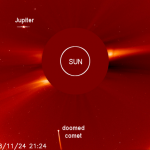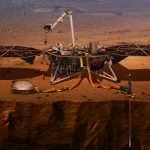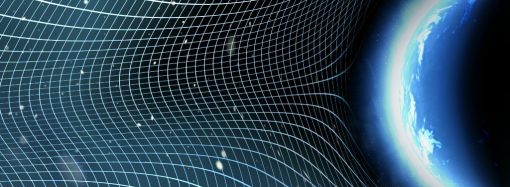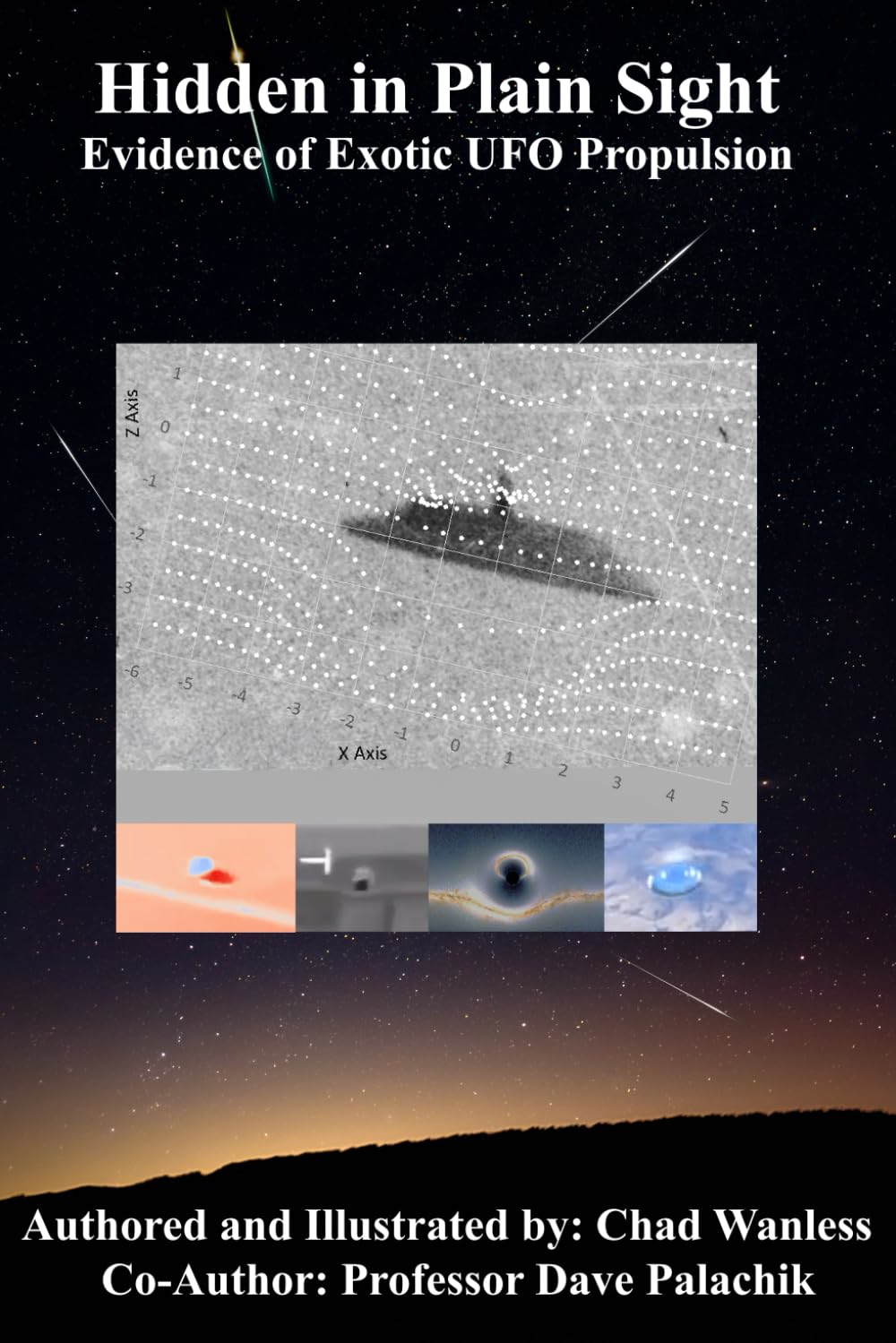InSight Successfully Lands on Mars, Sends First Images0
- From Around the Web, Space
- November 29, 2018
After an almost seven-month, 300-million-mile (458 million km) journey from Earth, NASA’s InSight lander successfully touched down Monday, November 26, 2018, near Mars’ equator on the western side of a flat, smooth expanse of lava called Elysium Planitia, with a signal affirming a completed landing sequence at approximately 3 p.m. EST (12 p.m. PST, 8 p.m. GMT). The landing signal was relayed via one of NASA’s two small experimental Mars Cube One (MarCO) CubeSats.
















